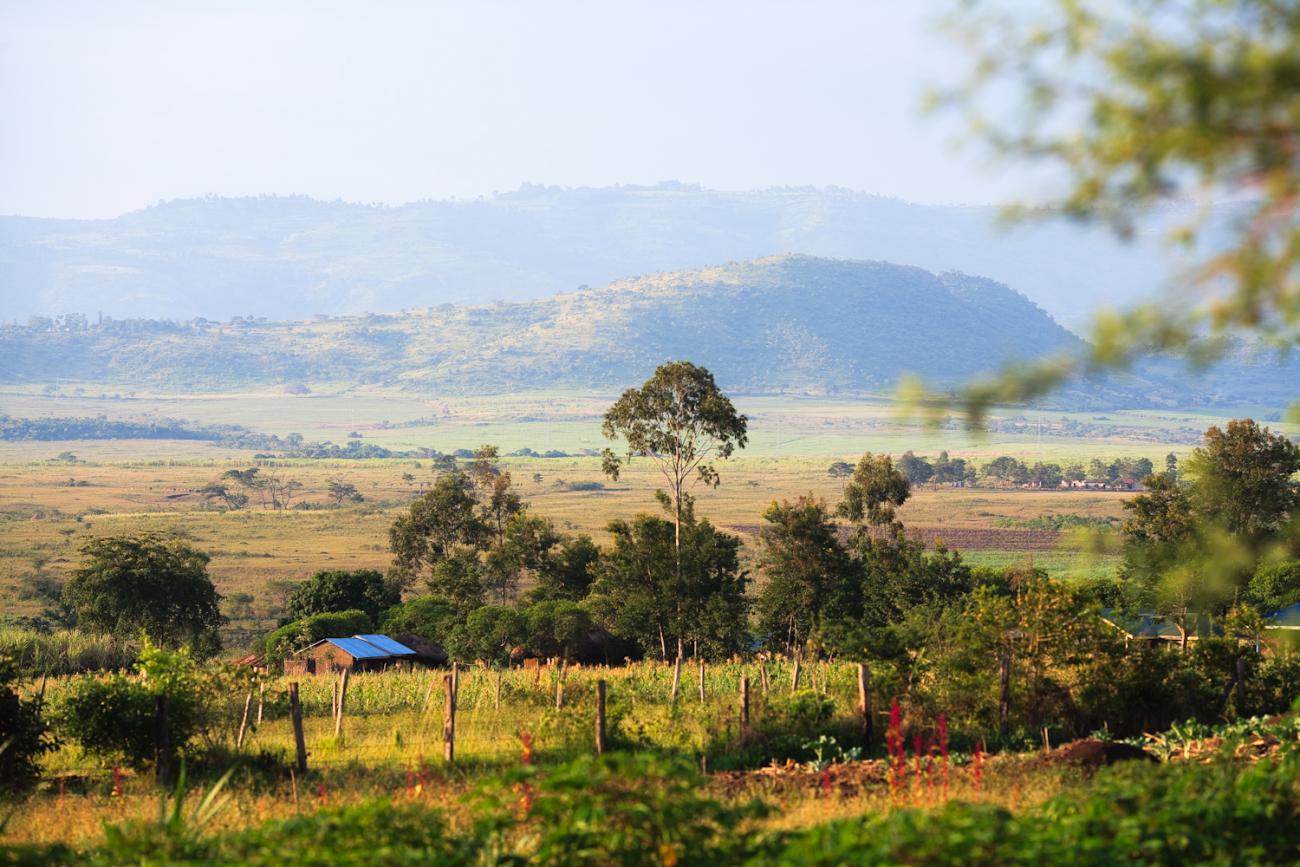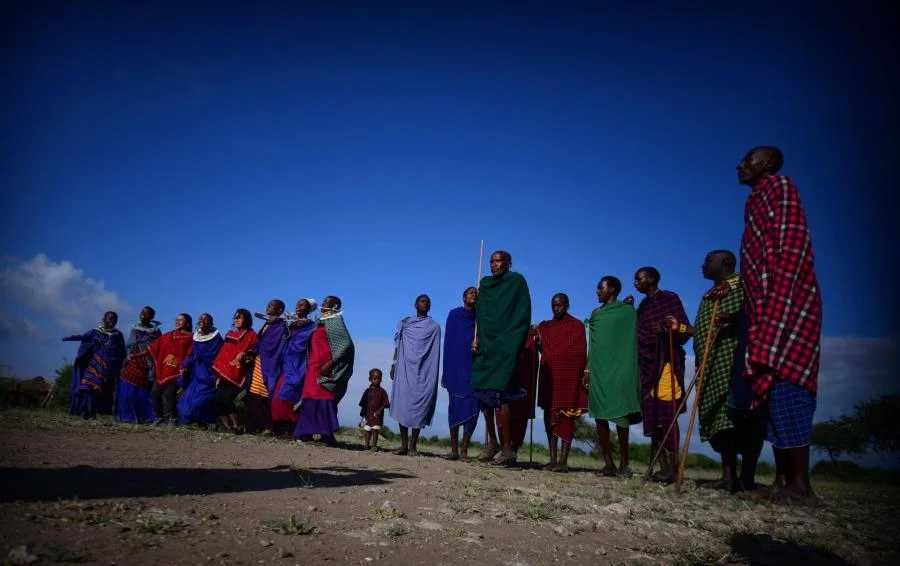
"Photo by Greg Westfall"
In Kenya and Tanzania, a number of cases are pending in court for Indigenous Maasai pastoralist communities pressing charges the illegal appropriation of their land. Pastoralists are particularly vulnerable to land appropriation, as their semi-nomadic lifestyle is viewed by discriminatory legislation and policies as lacking permanent ties to land that demonstrate ownership. Rather, the Maasai’s way of life has been delegitimized in favor of permanent agricultural based economies.
The courts have become a common recourse for the Maasai, who, knowing their rights under UN Declaration on the Rights of Indigenous Peoples, demand compensation and title for usurpation of their lands. Yet corruption in the Kenyan and Tanzanian legal systems mean that cases often get drawn out for inappropriately long periods, draining resources of the community, and often fail to provide an adequate settlement, if any.
Indigenous Peoples in Africa have historically suffered massive loss of land, and continue to do so at increasing rates due to the arrival of international companies, including safari and exotic hunting companies taking over Indigenous lands. In many cases, these land grabs are characterized by violence, with police and security guards forcefully evicting the Maasai, burning their livestock enclosures and destroying their homes. A Ngorongoro Conservation Area councillor commented, “We are like slaves in our own land. Natural resources have become like a curse to us; those benefiting are from afar while the real owners are suffering.’’ Another said: “The entire process of land acquisition is characterized by bribing, cheating, and dividing communities.” Without an independent judicial system, free from political influence and corruption, there is little hope that these communities will win back their land.
Ben Koissaba, doctoral student at Clemson University and Founder Chair Maa Civil Society Forum in Kenya, comments in his essay on Maasai land appropriation “At the root of this serious plight has been widespread ignorance amongst the affected communities regarding their land rights.” There are many external factors to be considered, but within Indigenous communities, building local capacity has been identified as a key element in protecting Indigenous lands. Having access to information on their rights is crucial to protecting Indigenous lands, and thus livelihoods.
Cultural Survival’s Indigenous Rights Radio Program produces and distributes radio programs on Indigenous rights to community radio stations around the world, including programing on their right to Free, Prior and Informed Consent and strategies for exercising this right. These programs can play a vital role for Indigenous groups such as the Maasai in protecting their lands and their livelihoods.
Next month, Maasai radio station Mayian FM will host a four-part dialogue on the right to Free, Prior, Informed Consent and its context for the local community.

